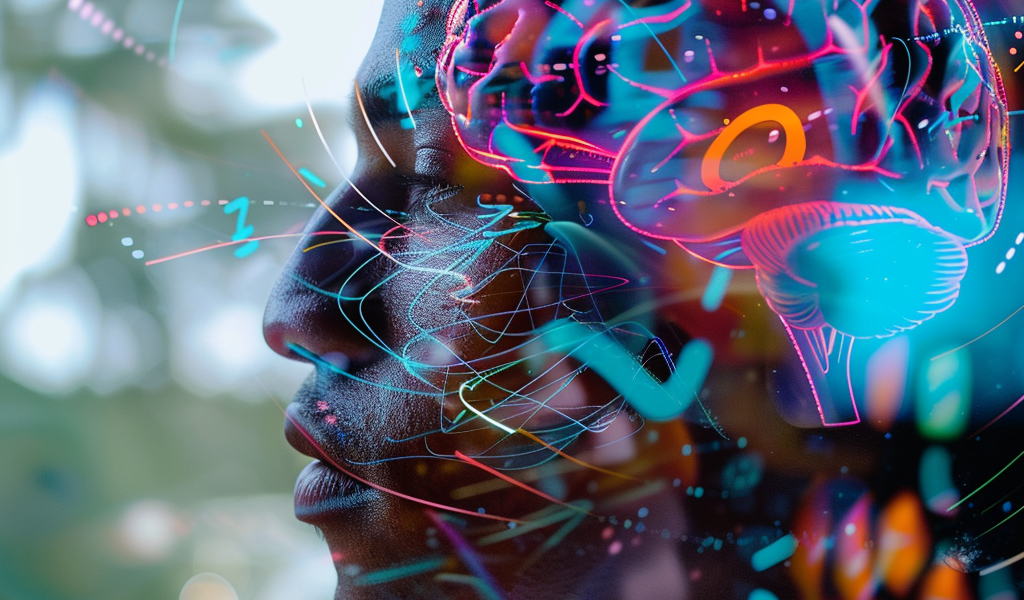In a fascinating new study, researchers have delved into the intricate workings of the brain when it comes to recognizing and predicting musical sequences. The findings shed light on how our brains process music, offering insights that could potentially aid in the detection of cognitive decline and dementia.
The study, conducted by the Center for Music in the Brain at Aarhus University and the Centre for Eudaimonia and Human Flourishing at the University of Oxford, involved measuring the brainwaves of 83 participants as they listened to music. Through this, the researchers were able to uncover the complex neural processes that underlie music perception.
Music recognition, as revealed by the study, is a multifaceted process that engages areas of the brain associated with sound, memory, and emotions. When we hear a familiar tune, our auditory cortex springs into action, setting off a chain reaction that involves other brain regions like the hippocampus and the cingulate gyrus.
These brain regions work in tandem, allowing us to quickly identify songs and anticipate what comes next. This seamless integration of sound processing, memory retrieval, and emotional response makes listening to music a pleasurable and familiar experience for many.
Associate Professor Leonardo Bonetti, a key figure in the research team from the Center for Music in the Brain at Aarhus University, highlights the significance of understanding how the brain interacts with music. He explains that this knowledge could have far-reaching implications for studying cognitive functions and potentially uncovering insights into conditions like dementia.
By unraveling how the brain responds to music, researchers hope to pave the way for the development of screening tools that could assess an individual’s risk of cognitive decline. This innovative approach could revolutionize the early detection of conditions such as dementia, offering a non-invasive method that relies on analyzing brain activity patterns.
Ultimately, the study opens up new avenues for exploring the intricate relationship between music perception and cognitive health. As researchers delve deeper into the mechanisms that govern our musical experiences, they aim to unlock valuable insights that could shape the future of cognitive health assessment and dementia detection.





